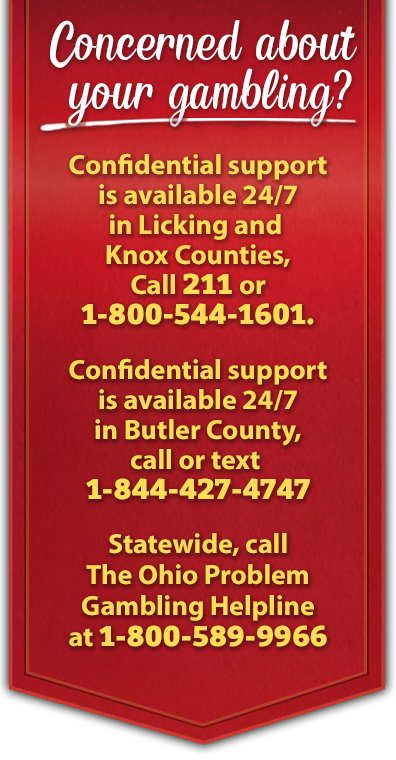Hamilton, NJ — (SBWIRE) — 05/25/2016 — Active duty members of the military and military veterans are a vulnerable portion of the population when it comes to addiction. Their heightened risk includes disordered gambling, an addiction that affects about 2 million adults per year and disproportionately affects those in the military. According to the National Council on Problem Gambling, as many as 36,000 active duty service members may currently struggle with problem gambling, and disordered gambling is almost twice as likely to affect veterans than the general population. 
The conditions of military service, both during and after duty, contribute to higher rates of disordered gambling among service members and veterans. Gambling may start while in the service, when leisure time takes place in secluded areas that have limited access to entertainment. Given the stressful, often traumatizing conditions of military service, service members may use gambling as a method of coping with stress, depression, anger, loneliness, and boredom. After leaving the service, veterans may use gambling as an escape method from the difficulty of readjusting to civilian life as well as from PTSD.
The consequences of untreated problem gambling can be devastating: Gambling addicts suffer high rates of bankruptcy, domestic violence, suicide, and co-occurring substance abuse and mental health disorders. In addition to being particularly vulnerable because of their circumstances, veterans may also be reluctant to seek help. Healthcare resources for veterans are already limited, and many veterans are afraid to seek help because they worry that it will affect their VA benefits. Additionally, the stigma around disordered gambling in general often prevents sufferers from reaching out.
article from SBWIRE & Council on Compulsive Gambling of New Jersey




